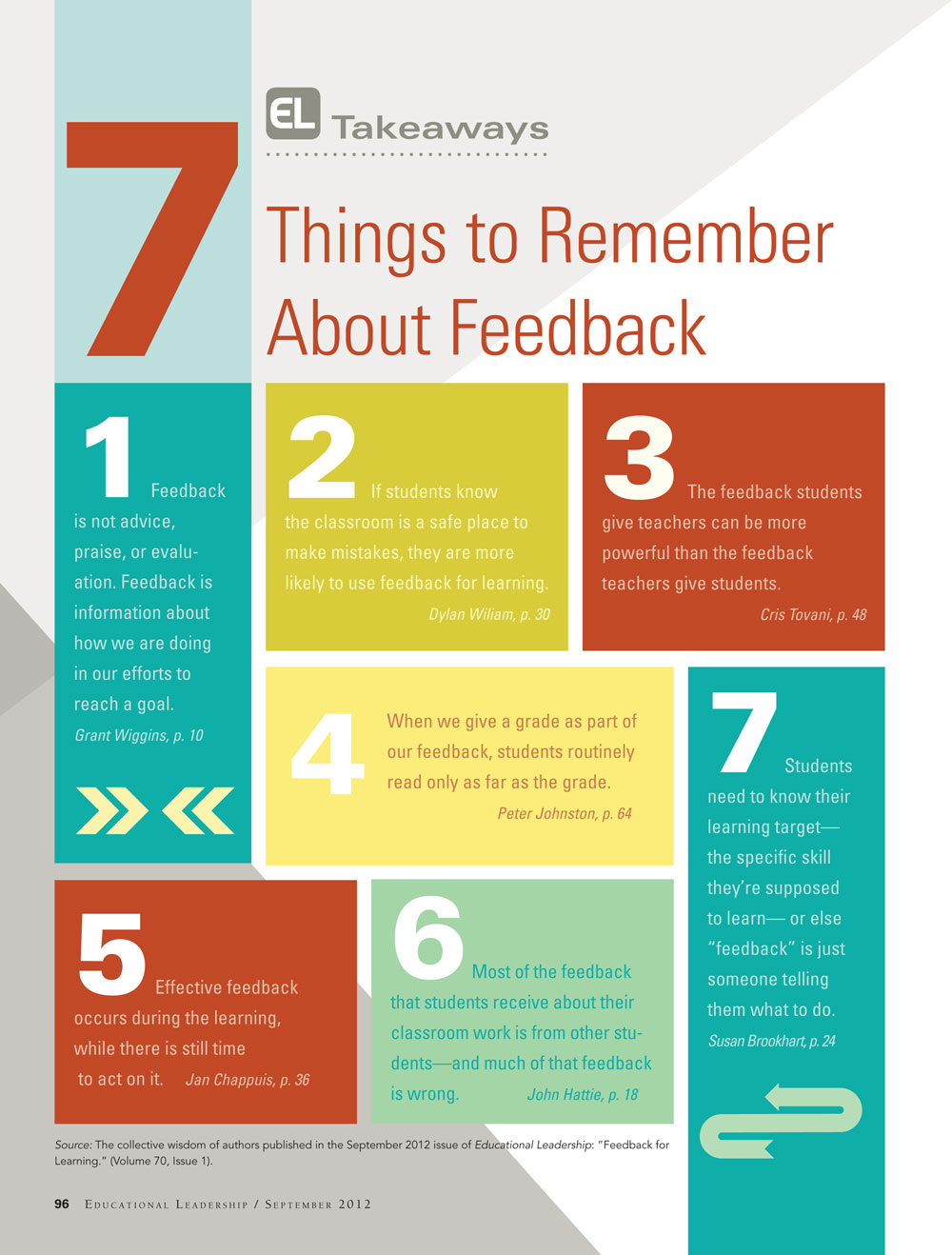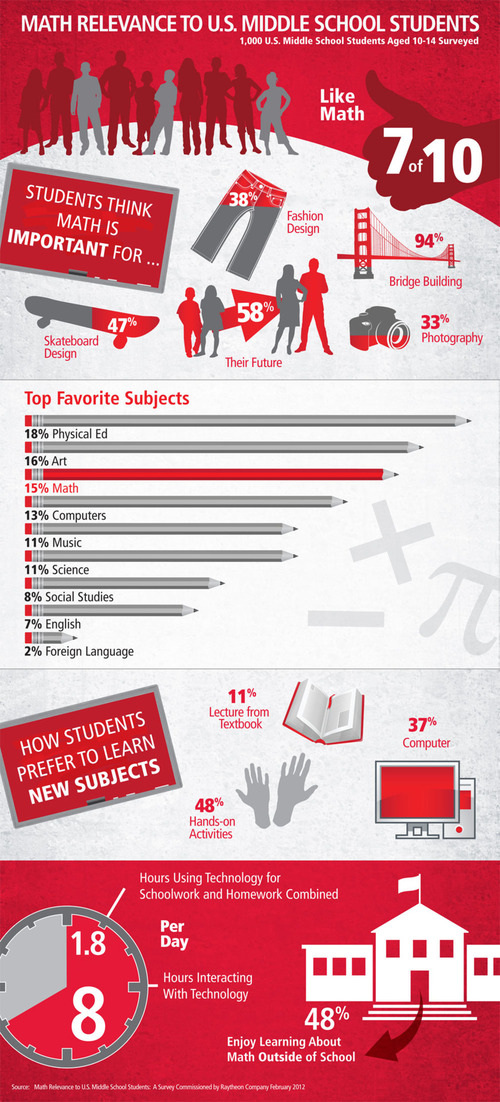How do you make school matter?
How are you "the change you wish to see in the world"? (Mahatma Gandhi)1.) "If everybody where I work was just like me, what would this place be like?"
2.) "If my face froze in my most common expression, what would it be?"
3.) "If as many people helped me today as I helped others, how much help would I get?"
4.) "If today was videoed for my peers, what would be their criticisms? What would be their accolades?"
5.) "If I became just like the two people I choose to be around the most at work - what would I become?"
cool cat teacher blog - http://coolcatteacher.blogspot.ca/2011/05/20-questions-that-will-make-you-better.html
Divison Common Assessments InitiativeWe are asking that all students in grade 1-8 across WRSD have running records of their reading levels done using the Fountas and Pinnell system. Many of you are familiar with the Fountas and Pinnell system already. For those of you who are not here are a couple of links to sites that have grade level and system comparison charts.
Reading Levels Charthttp://www.slcolibrary.org/kidzone/kzgrwn/pdf/readinglevelcompchart.pdf
Levelling Systems comparison charthttp://eworkshop.on.ca/edu/pdf/LevellingSystemComparisonChart.pdfFinding time to do running records:Running records are meant to be ongoing assessments and should be administered early in the year – and repeated often throughout the year – to monitor reading progress. These assessments are valuable because they not only give the teacher an opportunity to learn more about the needs and strengths of individual students but also provide time to interact with individual students. In addition, the results of these assessments are invaluable when communicating with parents about individual students.
As helpful as these diagnostic assessments can be, unless a teacher is fortunate enough to have a full-time instructional aide in the classroom, it is often challenging to find time to fit these mini-tests into an already jam-packed schedule. Here are a few ideas for squeezing these assessments into a busy classroom:
- Sneak in a few minutes during silent reading.
Ideally, you are already reading alongside your students during this time rather than using it to catch up on other paperwork. While it is not recommended that all of the time allocated for silent reading be used for assessing students, it might be possible to steal a few minutes to complete one or two assessments before and after school while still allowing time to model silent reading for your students.
- Use before and after school.
There always seem to be those one or two students who arrive at school 10 minutes early or stay a few minutes after dismissal. These few minutes could be used to complete a diagnostic or two.
- Become a center.
If your classroom uses centers during reading workshop or mathematics instruction, you can fit in a few individualized assessments during this time. Again, it is probably unwise to use the entire center time to complete assessments, but even 15 minutes can be useful.
- Work with a partner.
Some teachers find it very helpful to work with a partner to facilitate the assessment process. One teacher supervises both classes for a short period of time, perhaps 45 minutes, while the other teacher pulls students out individually to conduct assessments. The key to making this plan work is for students to have engaging tasks to work on in the large group.
A running record is a method of
assessing reading that can be done quickly and frequently. It is an individually conducted
formative assessment, which is ongoing and curriculum based. It provides a graphic representation of a student's oral reading, identifying patterns of effective and ineffective strategy use. This method was developed by Marie Clay, the originator of Reading Recovery, and is similar to miscue analysis, developed by Kenneth Goodman.
Read more on TeacherVision:
http://www.teachervision.fen.com/read-aloud/assessment/48545.html#ixzz25ibP3ECq Inclusion / UDL / Behviour Supportshttp://www.2learn.ca/2im/Just for Senior HighAll the sites listed have interactive, media components allowing students to learn or review their own understanding of a concept in the Alberta curriculum. New sites are added constantly, newest at the top of the list!
http://www.2learn.ca/seniorhigh/



